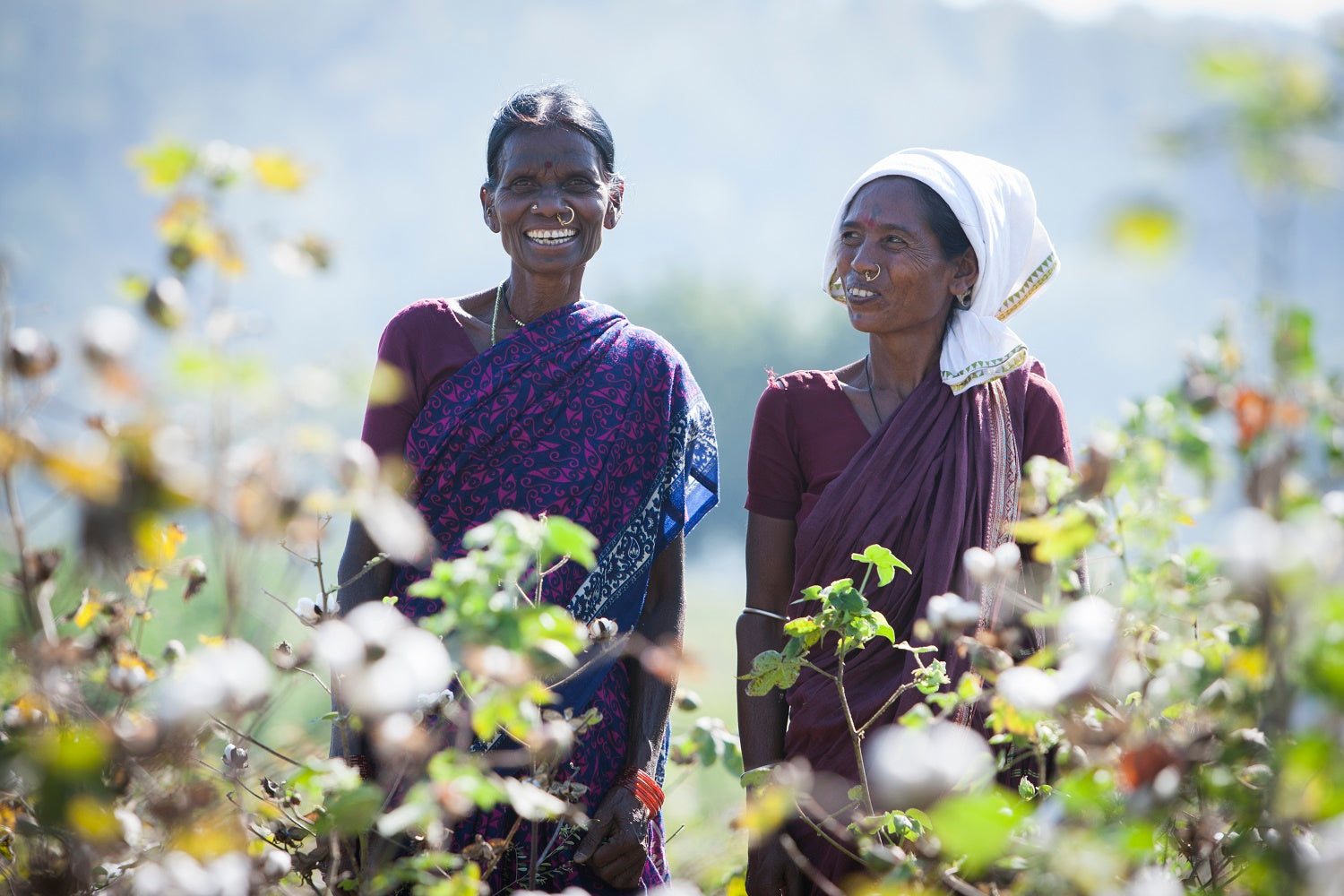
The Great Green Glossary
Green is the primary colour of our world. And naturally, it’s taking over our language and lexicon too.
Unfortunately, terms like sustainable, organic, eco-friendly, and clean are - more often than not - misused and abused.
Perhaps not intentional, but unhelpful all the same…
This careless application of green terminology needs to be addressed; don’t you think?
Here’s presenting Greendigo’s “Great Green Glossary”, designed to dispel any confusion regarding these all-important words and phrases.
Like the many shades of green, you’ll notice the differences are subtle, yet distinct.
You don’t need a translator, when you’ve got the “green grammar nerds” in action.
Green
Colloquial, trending, woke… “green" is a fluid term used to describe anything that positively impacts the environment. This could mean a bamboo straw, an electric bus, an organic cotton garment, or even a beach-cleaning drive.
Eco-friendly
While “green” is as far-reaching as the colour itself, “eco-friendly” is a little narrower in scope. It refers to an act or set of behaviours that do little or no damage to the planet. For instance, switching from plastic to cloth bags for a grocery store haul.
Sustainable
There’s “green” and “eco-friendly”, and there’s “sustainable”, which is governed by higher standards. It describes the ability of human beings to meet their needs, without compromising the future generation’s needs. So, your latest purchase may have been built with renewable resources, but if the factory workers were treated poorly, it’s not deemed a “sustainable” good after all.
Clean
“Clean” is like making an investment into the future. It implies any product, natural or synthetic, that does not pose a risk to your health. For example, a smoothie made out of almond milk, or diapers with cooling, aloe vera properties. Today, this list is even more elastic.
Non-toxic
Compared to “clean”, “non-toxic” goes a step further even. The phrase classifies products that not only protect your health but safeguard the environment too. Say, a water bottle built from bio-degradable plastic, or a box of tea leaves with recyclable packaging material. It’s a win-win!
Organic
Increasingly part of every millennial’s dictionary, “organic” is a term used to describe goods that are manufactured without the use of harmful chemicals or pesticides. From a shower gel to a sweater, to a farming technique – “organic” is the natural forward.
Ethical
“The right to do” versus “the right thing to do”. Knowing the difference is what it means to be “ethical”. This branch of philosophy governs our ability to systemise, defend, and recommend concepts of right and wrong behaviour. For businesses, this can mean anything from adhering to labour laws, to upholding manufacturing processes.
Fairtrade
Fairtrade is nothing but an arrangement designed to help producers in growing countries achieve sustainable and equitable trade relationships. From safe working conditions to responsible land management, this certification mandates that goods are made with due care to the people and planet.
If you’re thinking from a greener lens, our little glossary has helped maintain “lawn” and order.
We hope this has been helpful.
After all, when you’re green, you’re growing!



Leave a comment
This site is protected by hCaptcha and the hCaptcha Privacy Policy and Terms of Service apply.